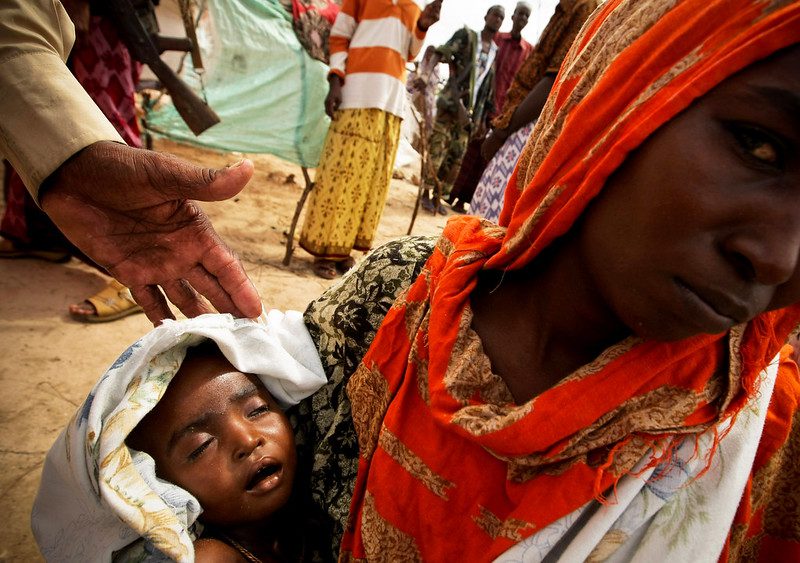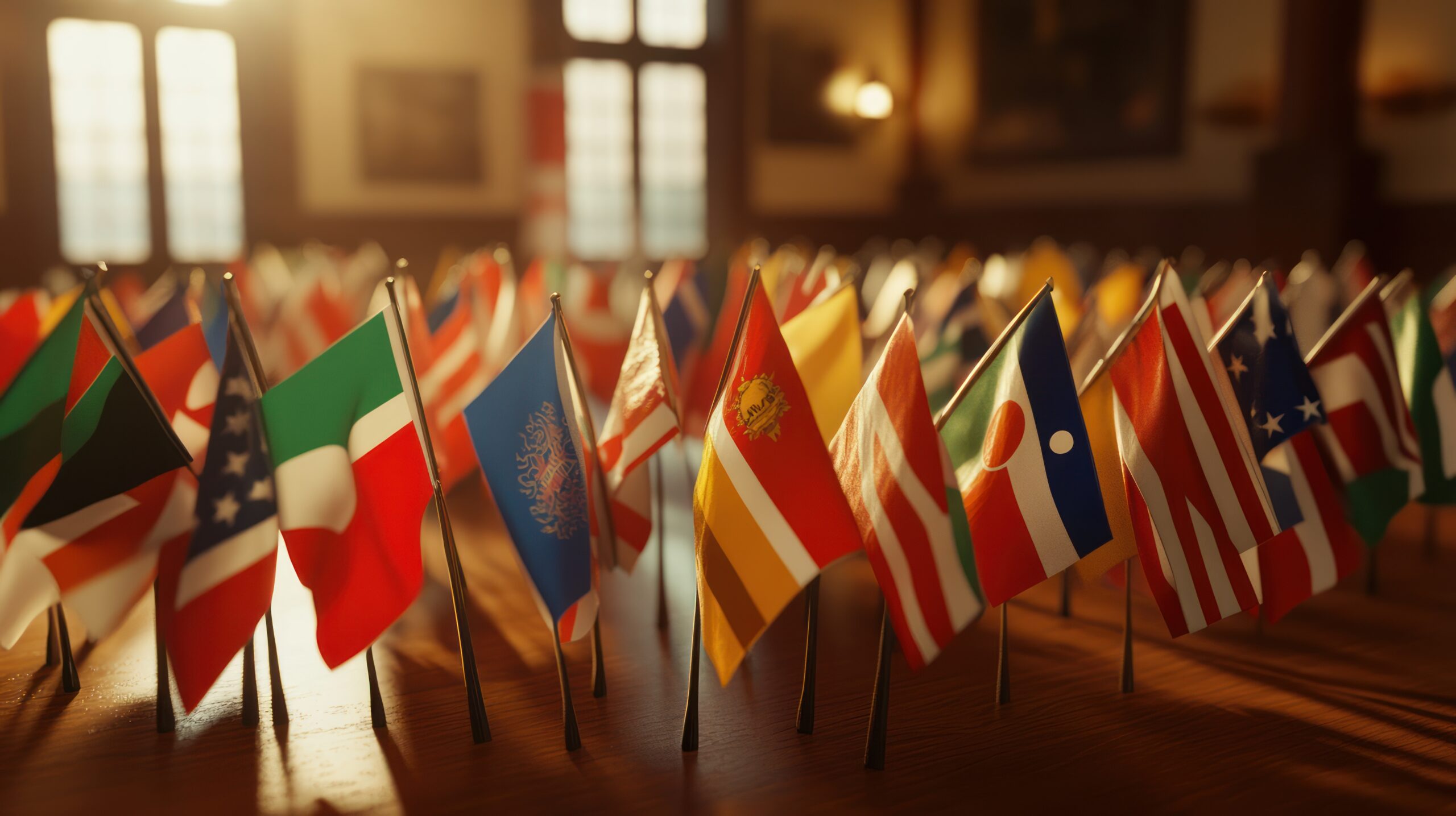Over the last two weeks at the United Nations, the Donald J. Trump Administration has once again succeeded in setting the public agenda, and in setting its own metric of success. True, there were gasps of horror at Pres. Trump’s threats against North Korea and of amusement at his invention of the country ‘Nambia’. But the bar of expectations was set so low that well-informed opinion columnists argued that the damage to multilateralism was not in fact as bad as might have been feared. Worse, they seemed to accept the Trump Administration’s definition of multilateralism, which amounts to no more than issue-by-issue cooperation among sovereign states in pursuit of their separate national interests.
For example, David Bosco in The Washington Post argued that the fact that Ambassador Nikki Haley was using the UN Security Council to secure resolutions against North Korea, and had re-authorized peacekeeping missions, showed that the Administration was modestly multilateralist.
This is wrong. The Trump Administration’s foreign policy does not even cross the threshold of collective security. It has is no conception of a rule-bound international order, no conception of cooperation in pursuit of global public goods.
In these circumstances, the burden of leadership of a multilateral world order falls upon the European Union and the global South, including Africa—the continent with a remarkable history of support for multilateralism, and much to gain from it. The starting point for this defense is recognizing what has been gained from the last seventy years of multilateralism, and how much will be recklessly cast aside if the UN goes the way of Trump’s ‘garrison America’, the U.K. government’s Brexidiocy or Putin’s cynical mischief-making.
In a month’s time, the African Union holds its annual mediators’ retreat to discuss multilateralism. I am hoping that it may give the kind of resounding affirmation of multilateralism that is so sorely needed.


